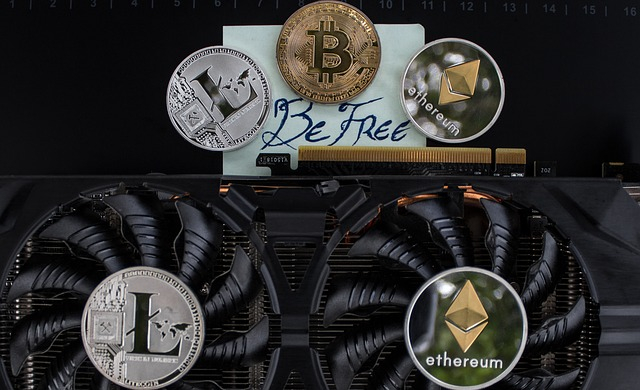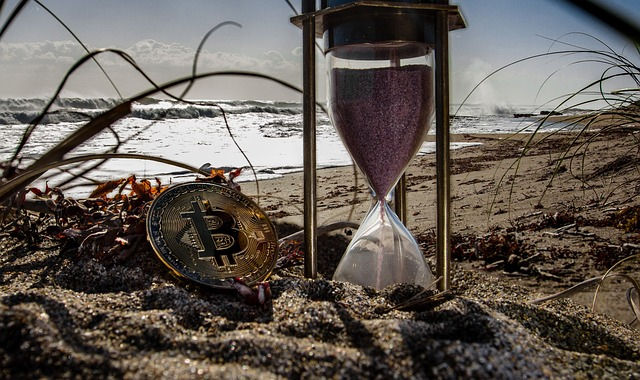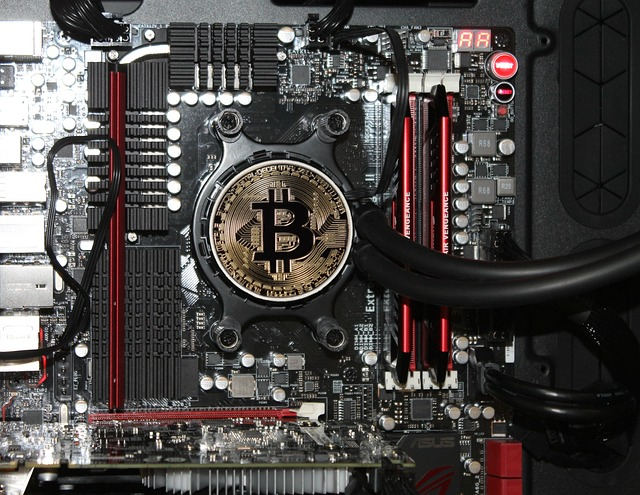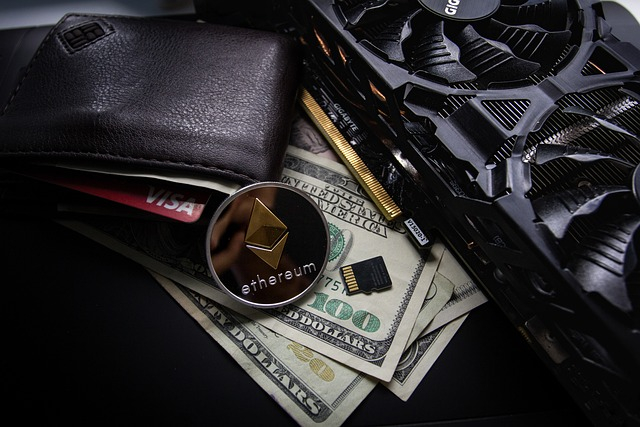Altcoin adoption: How are different countries embracing alternative cryptocurrencies?
 In the burgeoning sphere of digital assets, alternative cryptocurrencies, colloquially dubbed "altcoins," have proliferated with remarkable alacrity. This treatise elucidates the disparate approaches countries have adopted vis-à-vis altcoins, examining the regulatory frameworks and sociopolitical factors that shape the global cryptocurrency landscape. United States: An evolving regulatory landscapeIn the United States, altcoin adoption has burgeoned, yet remains encumbered by an intricate web of regulatory strictures. While the Securities and Exchange Commission (SEC) has yet to promulgate a comprehensive regulatory framework, the Commodity Futures Trading Commission (CFTC) has asserted jurisdiction over certain altcoins as commodities. This complex milieu has engendered a modicum of trepidation amongst prospective investors and entrepreneurs, impeding unfettered growth. European Union: A harmonious approach to altcoinsUnder the aegis of the European Union, a more harmonized approach to altcoin regulation prevails. The Fifth Anti-Money Laundering Directive (5AMLD) and the proposed Markets in Crypto-assets Regulation (MiCAR) evince the EU's commitment to crafting a cogent framework governing altcoin-related activities. These regulatory initiatives have fostered an environment conducive to innovation, whilst ensuring adequate investor protection and deterring illicit activities. Japan: A trailblazer in cryptocurrency regulationAs an early adopter of cryptocurrencies, Japan has forged a path as a trailblazer in the realm of altcoin regulation. The Payment Services Act (PSA) and the Financial Instruments and Exchange Act (FIEA) delineate a robust regulatory framework for altcoins, striking a delicate balance between fostering innovation and safeguarding consumers. Consequently, Japan's proactive stance has galvanized a burgeoning altcoin market. China: A draconian approach to digital assetsIn stark contrast, China has adopted a draconian approach to altcoins, imposing stringent restrictions on cryptocurrency-related activities. China's government has eschewed the decentralized tenets of cryptocurrencies in favor of a state-controlled digital currency, the Digital Currency Electronic Payment (DCEP). This austere stance has precipitated a mass exodus of cryptocurrency enterprises, stymieing altcoin adoption within its borders. South Korea: A progressive regulatory environmentThe South Korean government has evinced a progressive attitude towards altcoins, promulgating regulations that foster a secure and transparent cryptocurrency ecosystem. The Special Act on Reporting and Using Specified Financial Transaction Information imposes stringent Anti-Money Laundering (AML) and Know Your Customer (KYC) requirements on cryptocurrency businesses, engendering a secure environment for altcoin adoption. Notable mentions
ConclusionIn summation, the global landscape for altcoin adoption presents a veritable patchwork of regulatory frameworks and sociopolitical attitudes. While some countries have embraced the transformative potential of altcoins with open arms, others have adopted a more reticent stance, circumscribing their growth. As the altcoin market continues to flourish, it remains to be seen how the variegated approaches of different countries will shape the trajectory of these nascent digital assets. Article and video for topic: Altcoin adoption: How are different countries embracing alternative cryptocurrencies?. Author: Jonathan Burroughs |





